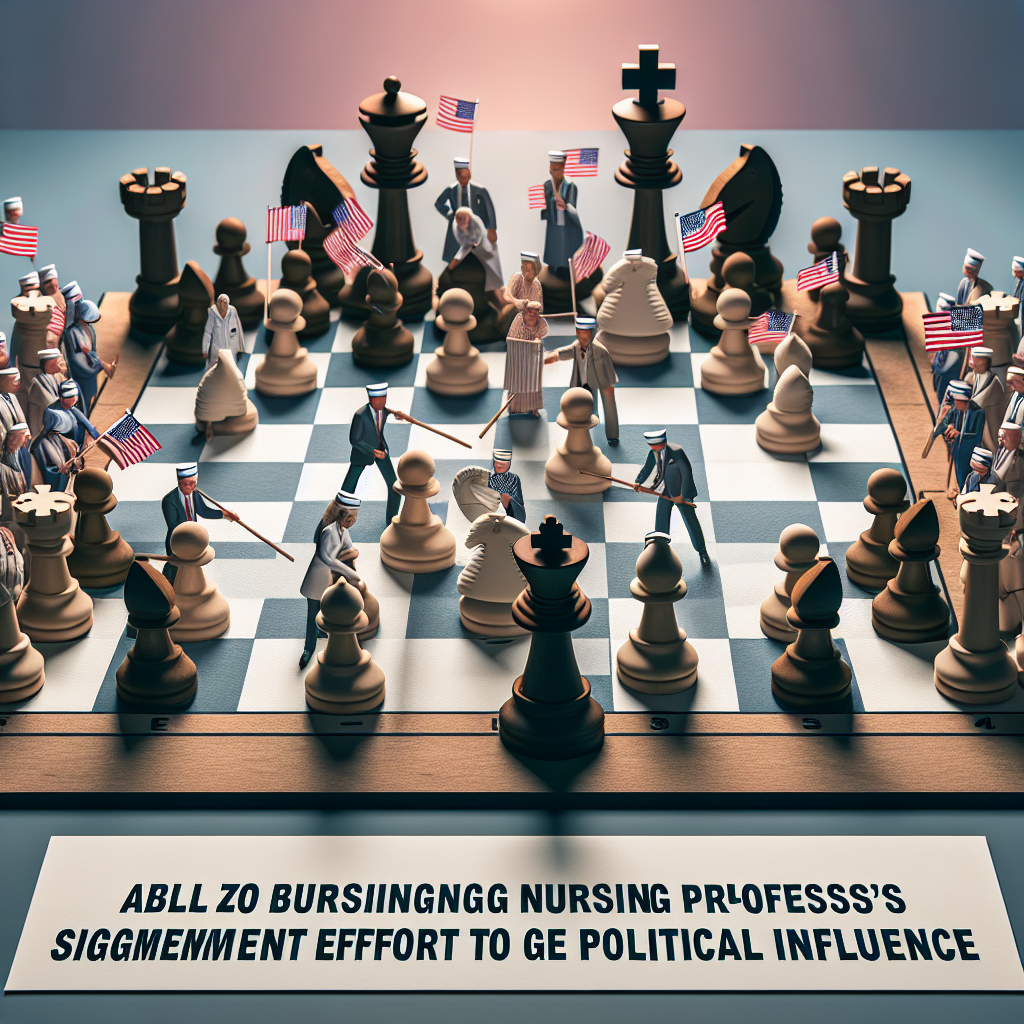New York, NY—The nation’s skilled nursing facilities are ramping up a pivotal lobbying effort in Washington, aiming to sway lawmakers amid growing concerns over funding, staffing shortages, and regulatory challenges that could reshape the future of long-term care in America.
In the heart of this lobbying blitz, industry leaders, spearheaded by the American Health Care Association (AHCA), are pressing for significant policy reforms. These reforms include increased Medicare and Medicaid reimbursement rates, relaxed regulatory standards, and broader support for workforce development to address the chronic staffing issues plaguing the sector.
A recent report released by the AHCA underscores the dire financial straits facing many skilled nursing facilities, with a staggering 65% operating at a loss due to the soaring costs of care and inadequate federal funding levels. “These facilities are on the brink,” states Mark Parkinson, President and CEO of AHCA. “Without immediate and substantial intervention, we’re looking at a crisis that could see millions of Americans losing access to essential long-term care services.”
The lobbying effort seeks to highlight the critical role skilled nursing facilities play in the healthcare continuum, especially for vulnerable populations like the elderly and those with disabilities. Advocates argue that the challenges facing these facilities have been exacerbated by the COVID-19 pandemic, which not only strained resources but also spotlighted the essential service these institutions provide.
Key to their strategy is a push for the passage of legislation such as The Nursing Home Improvement and Accountability Act of 2021, which proposes increased funding for skilled nursing facilities and mandates for staffing levels. Proponents are optimistic, citing bipartisan support for addressing the stark realities of long-term care in the U.S.
However, the lobbying blitz is not without its detractors. Critics argue that simply throwing money at the problem without ensuring accountability and improving care quality is short-sighted. They call for a more holistic approach, one that includes stricter regulatory oversight and a shift towards more home-based and community-centered care models.
As Congress weighs its options, the outcome of this lobbying effort will have profound implications not just for skilled nursing facilities and their residents, but for the broader health care system in the United States. The decisions made in the coming months could determine the sustainability of long-term care and define the quality of life for millions of aging Americans.


